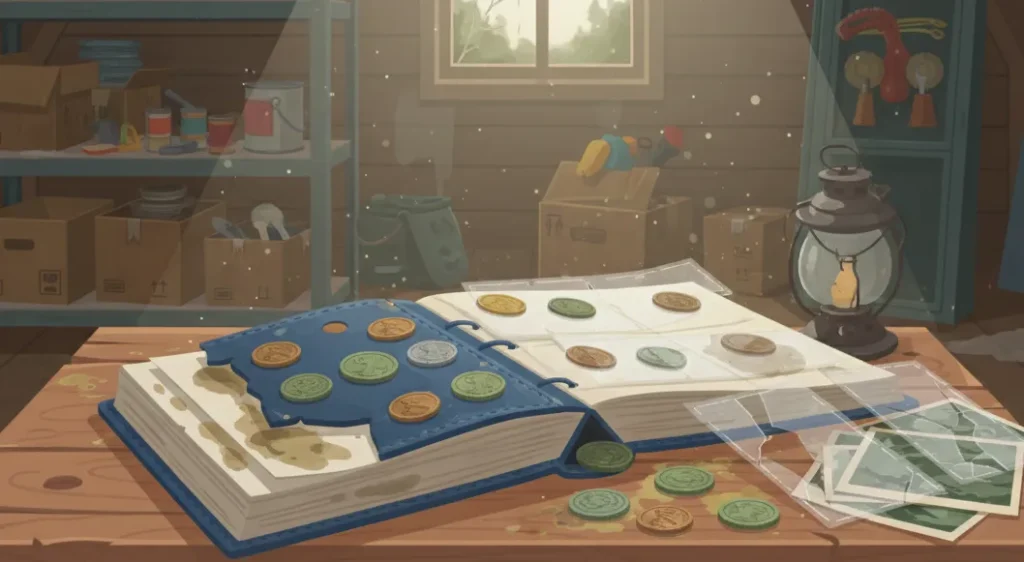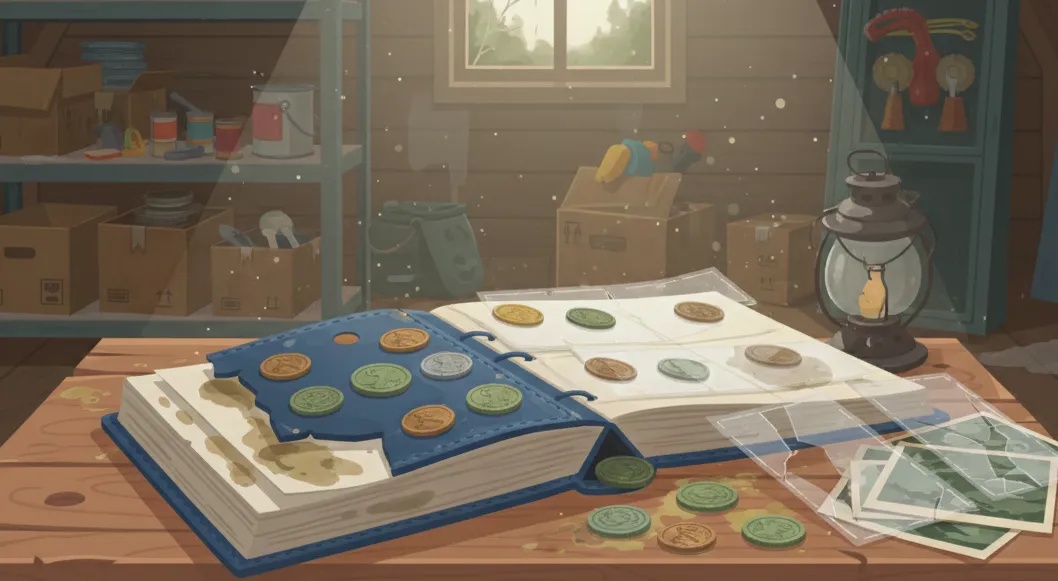Math can seem like a hard and abstract subject, far from real life but its effect on our brain and general thinking skills is really very big. Math games free to play builds new brain connections, helps with logical thinking, and can even keep the brain healthy for a lifetime.

Math as Brain Exercise
When we do a math problem, not just one part of our brain, but a whole group of connected areas become active.
This makes doing math one of the best forms of “fitness” for the brain:
- The Parietal Lobe: This area has the “number network” that helps us with basic things like seeing numbers, comparing them, and doing simple math.
- The Prefrontal Cortex: This part of the brain is for planning and making decisions and gets very active when we solve harder problems. It helps us with:
- Planning and making choices.
- Holding information in our working memory.
- Stopping things that can distract us.
- The Hippocampus: Learning math formulas and rules makes it stronger and helps us remember other things better for a long time.
All these processes show a special feature of the brain called brain plasticity to change its structure and function in response to new experiences and learning.
Doing math regularly can actually “remake” the brain by creating new connections and making old ones stronger.
Because of this, people who have done math since they were young are often better at logic, thinking, and solving abstract problems.
The Idea of Cognitive Reserve
Many studies show that using your mind a lot, including with math, can be a strong shield against brain diseases that happen with age, like Alzheimer’s and dementia because of cognitive reserve.
This is like a “safety store” for the brain that builds up over our whole lives when we learn new things and use our minds.
- More Brain Connections: The more we learn and the more different things we do, the more connections our brain makes.
- Creating “Detours”: If some parts of the brain get damaged from age or sickness, a brain with a lot of cognitive reserve can find other ways to do things.
- Slowing Down Aging: Regularly doing things like crosswords, Sudoku, and math puzzles helps to keep the brain active and can slow down the normal aging process.
But it is a key part of a full plan to keep the brain healthy, along with good food, exercise, and good sleep.
Math and Logical & Critical Thinking
math teaches you a way of thinking that extends beyond simply finding an answer to a problem, allowing you to apply this newfound perspective to all aspects of your life:
- Breaking Down Problems: Math teaches you how to take a big, complex problem and break it down into smaller, more manageable parts, which is an extremely useful skill for solving any kind of problem, from organizing a long trip to fixing a complicated computer issue.
- Step-by-Step Thinking: With its clear, step-by-step process, math trains your brain to think in a logical and systematic way, requiring you to follow a specific order to arrive at the correct answer, which is an especially helpful skill for following instructions or planning a large project.
- Finding Connections: Because math is filled with patterns and connections, you must learn to find the right way to link numbers and ideas together to solve a problem, a practice that makes you better at seeing connections between different things in the world and forms a key part of critical thinking.
- Checking Your Work: As an important part of critical thinking, math teaches you to check your answers for correctness and to question your own ideas, a habit that helps you think more carefully about everything you do and to look for mistakes.
- Thinking with Logic: Since math is the very language of logic, it teaches you to use concrete proof and factual evidence to support your ideas instead of relying on feelings or simple guesses, which helps you make smarter decisions and build better arguments in a wide range of situations.
How to Help Kids Love Math
- Connect it to real life. Show your child that math is everywhere. At the store, ask them to find the total cost of items or a discount. In the kitchen, have them measure things for a recipe and when math feels real and useful, a child’s interest grows a lot.
- Use games and puzzles. Today, there are many fun learning games and apps that make learning interactive, building toys, board games with numbers, and math puzzles all help kids understand numbers better.
- Praise effort, not just the result. It is important to teach them that mistakes are a part of learning. Praise them for trying hard, for trying to understand a hard topic, and for the time they spend on a problem, not just for getting the right answer.
- Do not use negative phrases. Never say things like, “I was never good at math” or “Math is not for everyone” in front of your child. These words can make a child think they cannot be good at it either, instead, show a good feeling about the subject and be ready to learn together.
- Learn a little bit at a time. It is better to do math for 15–20 minutes every day than for two hours at once.
- Use real objects. Things like blocks, sticks, shapes, and drawings can help a child see and understand abstract ideas better.

Offline Math Activities
- Cooking and baking: When you cook, you use math a lot, so ask your child to help you measure ingredients. This is a great way to learn about measuring, fractions like a half cup of flour, and ratios.
- Shopping: At the store, you can practice math with money. Ask your child to add the costs of a few items. Or you can give them a small amount of money and ask them to see what they can buy with it.
- Playing with blocks and LEGOs: Building things is a great way to learn about shapes, symmetry, and angles. You can ask your child to build a castle with a certain number of blocks or to make a shape with the same number of blocks on each side.
- Board games and card games: Games with dice, like Yahtzee, are great for adding and probability. Games like chess and checkers help you think ahead and use logic.
Examples of Math Games
| Game Name | Game Goal | Skills It Teaches |
| Space Order | Put numbers in the correct order big to small or small to big | Comparing numbers, understanding order, fast thinking |
| Crystal Bonds | Match crystals with numbers and their parts like 12 and 3×4 | Knowing multiplication tables, finding factors, logical thinking |
| Rocket Order | Launch rockets by putting them in the right order like from smallest to biggest | Sequences, logic, working memory |
| Splash Learn | Solve math problems to find new characters and worlds | Adding, subtracting, multiplying, dividing |
| Prodigy Game | A full RPG game where you must solve math problems to win against monsters | All basic math skills |
| Khan Academy Kids | A fun app with games for counting, shapes, and other math ideas | Early math skills |
Conclusion
Math is the language of logic that shapes our brains, makes our minds stronger, and is a key tool for keeping our brains healthy for life. By using games and connecting them to the real world, we can help children not only do well in school, but also give them the opportunity to develop in different fields in the future, developing critical and logical thinking.









